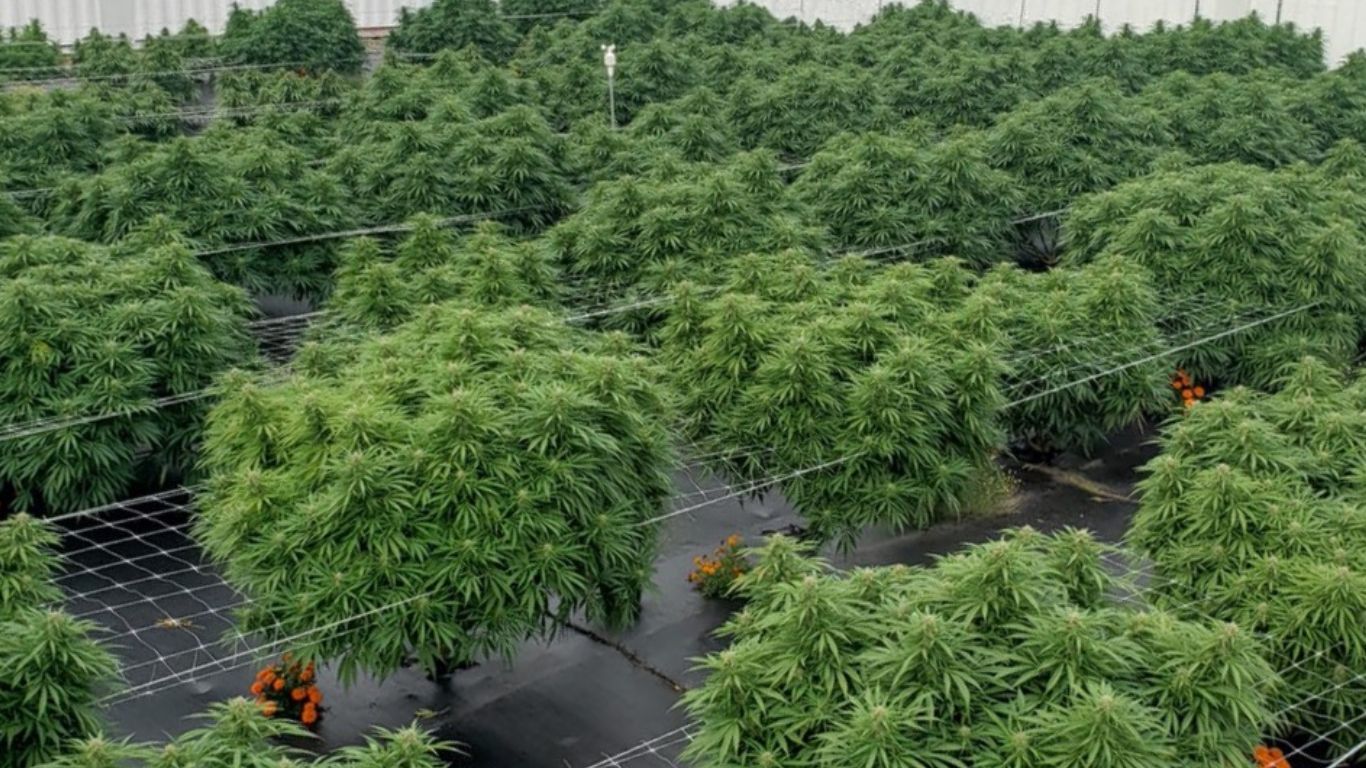
British Columbia and Alberta recently signed an agreement allowing B.C. wineries to ship their products directly to Alberta consumers.
The move came after Alberta’s liquor wholesaler told BC winemakers in January that it would stop selling their products in retail stores. This followed concerns that these BC businesses were shipping directly to Albertans, bypassing the Alberta Gaming, Liquor, and Cannabis Commission.
While the move is good for BC winemakers who are struggling following catastrophic crop damage earlier this year, it also highlights a disconnect between how provinces treat alcohol and cannabis.
Not only do BC and Alberta not allow out-of-province producers to sell to consumers, but they don’t even allow in-province producers to do so. While this is within their power, most provinces across Canada still tightly control cannabis distribution and sales, requiring products to go through a provincially-run warehouse before being shipped to retailers and sold ultimately to consumers.
Provinces can, however, allow for much more nuance in managing these issues, going as far as allowing producers to sell directly to retailers. This was even a recommendation by the federal government’s expert panel review of the Cannabis Act, which argued that provincial and territorial governments “should consider permitting direct-to-consumer sales from smaller cultivators and processors in a way that allows smaller players to generate and keep more revenue than they would by selling cannabis through distributors.”
When implemented, the federal cannabis act even included an allowance for producers to ship directly to consumers in any province that didn’t establish a retail framework. However, this was never utilized because every province and territory did create such frameworks.
To their credit, BC began allowing “direct delivery” sales between some BC producers and retailers, bypassing their central distribution warehouse. However, this is only open to small-scale BC growers and doesn’t go as far as allowing sales directly to retailers.
Taking this a step further and allowing producers to ship directly to retailers and in cross-province sales would only increase the viability of cannabis growers, who face many of the same struggles BC’s (and Canada’s) wine sector is facing.
Federal and provincial governments seem to have no problem going to bat for Canada’s beer and wine industries. Earlier this year, the federal government announced plans to provide thousands of dollars in alcohol excise duty relief to Canadian businesses, particularly local craft breweries.
In a press release at the time, with comments from Deputy Prime Minister and Minister of Finance Chrystia Freeland and Minister of Small Business Rechie Valdez, the government acknowledged the number of jobs created by the brewing industry in Canada and the contribution this makes to the broader economy.
“This announcement is great news for breweries, distilleries, and wineries from all across Canada who contribute so much to our national economy,” said Valdez. “Not only are they producing incredible products, they are also small businesses who are creating jobs and opportunities in their local communities. Today’s relief on alcohol excise taxes will allow craft breweries to spend less on duties, and more on what matters most: growing and innovating their small businesses.”
These are examples of smart, proactive policies by the federal and provincial governments to protect these small businesses. However, there is a significant disconnect between the logic applied to protecting businesses operating in the beer, wine, and spirits sectors and these same governments’ unwillingness to take steps to do the same for small cannabis businesses.
On one hand, the cannabis industry needs to take some blame here. The alcohol sector’s lobbying efforts are well-funded and coordinated and result from years of effort. The cannabis industry’s representation is less established and sophisticated and has tended to focus on a handful of high-level issues like federal excise or edible limits rather than on tweaking provincial regulations.
And various governments’ hesitations to provide incentives to the cannabis industry are somewhat well-founded. The industry abounds with businesses struggling under the weight of their own poor planning as much as they are struggling under the weight of federal and provincial regulations. Governments don’t want to hand out money to a business that won’t be around next year.
Ultimately, the government at all levels needs to be willing to see the potential of the cannabis industry and put their money where their mouths are when it comes to rhetoric about supporting small businesses. If they can do it for beer and wine, they can do it for cannabis.











